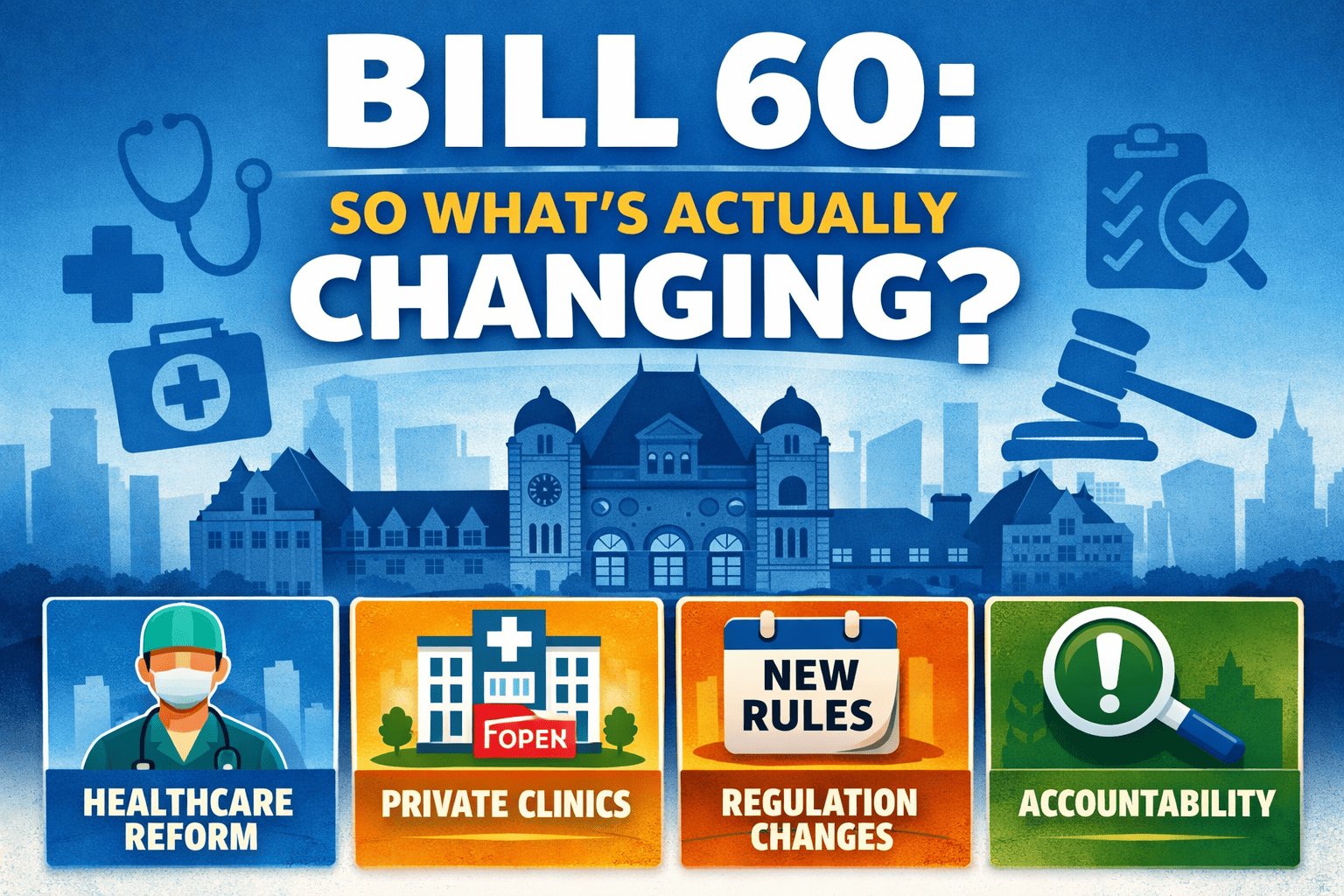Owning a rental property in Canada offers the potential for long-term wealth, but understanding and managing expenses is essential for profitability. Whether you’re a new landlord or a seasoned investor, being well-versed in typical rental property costs ensures your financial strategy remains sustainable and compliant with regulations. This comprehensive guide breaks down the most common and significant expenses landlords face – from maintenance and property taxes to professional services – so you can plan wisely and avoid surprises.
Fixed vs. Variable Expenses: What to Expect
Rental property expenses generally fall into two categories: fixed costs and variable costs.
- Fixed costs include mortgage payments, property taxes, insurance premiums, and management fees. These remain relatively stable month-to-month.
- Variable costs, on the other hand, fluctuate depending on tenant turnover, repairs, and seasonal maintenance.
Accurate forecasting of both is essential for budgeting and long-term planning. Many landlords refer to the guide on maintenance and repairs in rental properties to plan for irregular but expected costs.
Property Taxes and Utilities
Property taxes are determined by municipal assessments, which vary greatly by region. Recent shifts in tax regulations have impacted landlords, particularly those in urban centres. It’s critical to stay updated on local tax changes, such as those outlined in the understanding the 2023 Canadian property tax changes blog. Taxes should be factored into your annual budget and re-evaluated if your property is reassessed.
Utilities can be tenant-paid or landlord-covered, depending on lease agreements. Water, heat, and electricity should all be clearly addressed in lease contracts to avoid disputes.
Maintenance, Repairs, and Inspections
Ongoing maintenance is non-negotiable when it comes to rental property ownership. From plumbing issues to HVAC servicing, costs can accumulate quickly if not managed proactively. Routine property inspections are essential for identifying problems early and preserving the value of your investment. Services like property inspections can help you avoid costly surprises by ensuring regular checks are done.
Landlords should also set aside a percentage of monthly rental income (often 5-10%) in a reserve fund for unexpected repairs.
Professional Property Management Fees
Hiring a property manager can significantly reduce the administrative and operational workload, especially for landlords managing multiple units. Services typically include rent collection, tenant communication, maintenance coordination, and legal compliance. While the fee—often 8–12% of monthly rent—can seem steep, it may save money and stress in the long run.
For those managing various properties such as detached homes, single-family home property management services offer tailored solutions that align with your investment type.
Tenant-Related Costs: Screening, Turnover, and Evictions
Screening tenants is one of the most important steps in ensuring a profitable rental experience. Poor tenant selection can lead to property damage, missed payments, and eventual evictions. Landlords are encouraged to invest in tenant screening and selection services to reduce these risks.
When evictions become necessary due to lease violations or non-payment, legal fees and lost income can quickly escalate. In such cases, professional tenant evictions support can streamline the process and reduce liability.
Bookkeeping and Accounting Responsibilities

Maintaining accurate financial records is a legal and operational necessity for Canadian landlords. From tracking expenses to preparing for tax season, effective accounting and bookkeeping ensures transparency and helps avoid costly penalties.
A helpful resource for managing this aspect is a landlord’s guide for accounting and bookkeeping, which provides an overview of best practices, tools, and common deductions.
Understanding Tax Deductions
Canadian landlords are eligible for a variety of tax deductions, which can significantly reduce their taxable rental income. Common deductions include mortgage interest, property taxes, insurance, utilities, property management fees, and repairs.
The understanding rental property tax deductions in Canada blog explains how to categorize and report these deductions effectively while staying compliant with CRA requirements.
Rent Collection and Payment Processing
Consistent rent collection is essential for any successful rental enterprise.. Late or missed payments can disrupt your cash flow and strain tenant relations. Professional rent collection services ensure timely processing, reduce administrative burdens, and may include automated reminders and digital payment options.
Regional Considerations for Rental Property Costs
Your location significantly influences rental expenses. For instance, insurance premiums and property taxes in the GTA may differ substantially from those in smaller cities.
If you’re considering expanding your portfolio, it’s worth exploring regional services like property management in Mississauga, Markham, or in Vaughan to better understand location-specific costs and regulations.
Evaluating and Improving Property Performance
Regular property evaluations can help landlords determine whether they are optimizing their revenue potential. From assessing rental market competitiveness to estimating long-term ROI, property evaluations offer critical insights into the health of your investment.
These evaluations are also useful when preparing for refinancing, listing, or strategic reinvestment.
Townhouse and Residential Property Costs
Different property types come with unique cost structures. For example, landlords of townhomes often face HOA fees, exterior maintenance, and parking-related responsibilities. Partnering with a professional townhouse property management provider can help navigate these complexities.
More broadly, owners managing duplexes, triplexes, and apartment buildings may benefit from full-service residential property management to handle operations at scale.
Understanding and managing rental property expenses in Canada is key to maintaining profitability and avoiding legal and financial pitfalls. From taxes and maintenance to tenant screening and rent collection, each cost area deserves thoughtful attention. Leveraging professional services can help landlords streamline operations, remain compliant, and focus on growing their portfolios.If you’re looking for expert support in managing your property efficiently, contact us to speak with our experienced property managers today.





